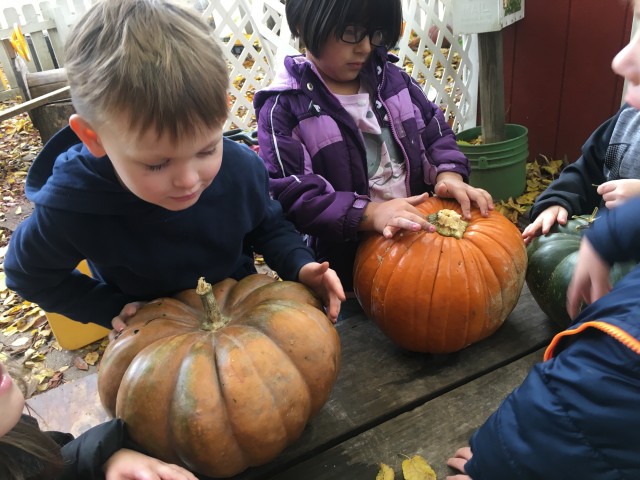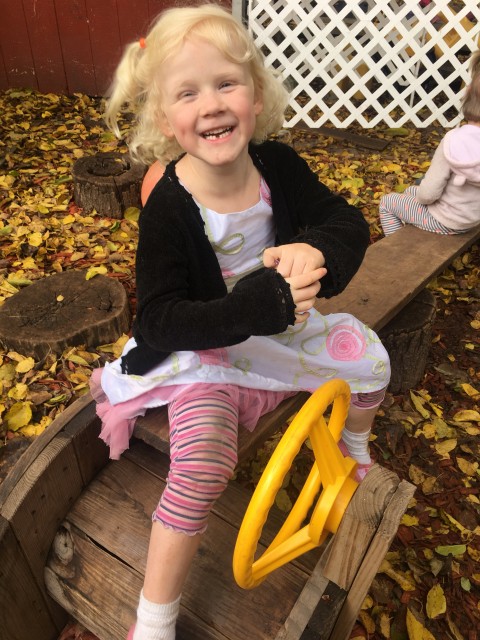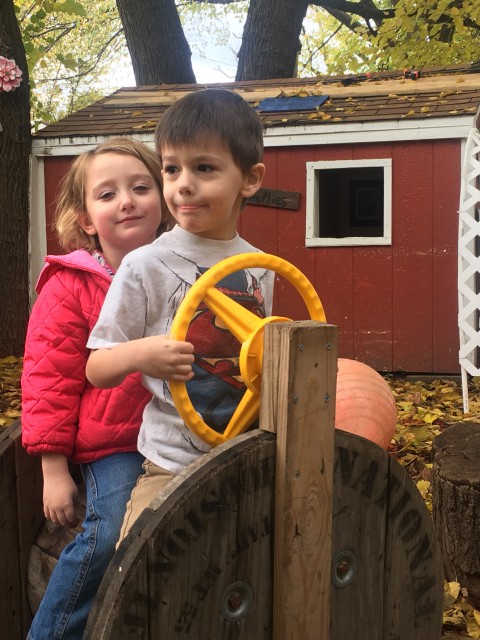Election Day 2018
Election Day 2018
Teaching children about our democratic society and voting at three years old is a waste of precious time. They don’t even understand if you take a vote to go outside that you can only vote once or that a certain number means there is a majority that makes the decision. They just don’t get it yet because their little heads are not ready for that type of math problem. However, there are things that we can do during election that are appropriate.

Children are born without bias about other people of any race, culture, gender, or disability. We sometimes wonder if we can raise children free of prejudice just by leaving well enough alone and making sure not to pass on negative attitudes. Unfortunately, it doesn’t work this way; societies messages are two pervasive . As parents and teachers, we need to take positive action if children are to grow up comfortable with who they are and be respectful of others.

We want to work with you to create a program that helps to counter societies messages of bias and reflects the cultural background of all children and families. To begin with, we have books, dolls, and even hang pictures on the wall, with an eye to finding balance and showing children what they see too little of elsewhere. For instance , we make a point of showing men and women of all ethnic backgrounds doing a variety of jobs, men as well as women doing household chores and spending time with children, and different kinds of families enjoying themselves.
Are we doing all this to be “politically correct” ? Not really. We’re committed to helping children grow up confident in their own identities, respectful of other people, and aware of the rich diversity of their community and world. We can do this only by working closely with our families, hearing your perspectives, and finding out more about the cultural background that each child brings to our program.

Here’s to raising a better generation that love and kindness see no color , culture , or political party.
Parents are even more important than teachers in children’s development of attitudes. If you have any questions about how our program is addressing issues a virus and diversity or if you want to talk over issues that arise at home, please let us know what you’re thinking or wondering. Of course, we are far from having all the answers. We want to hear what you’re thinking, and we’re always happy to talk things over.
